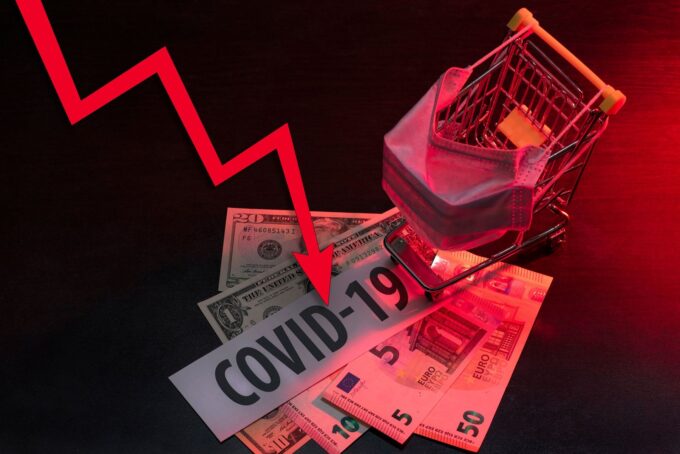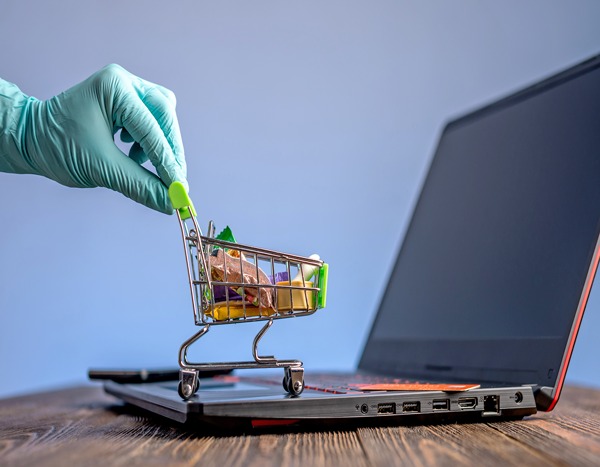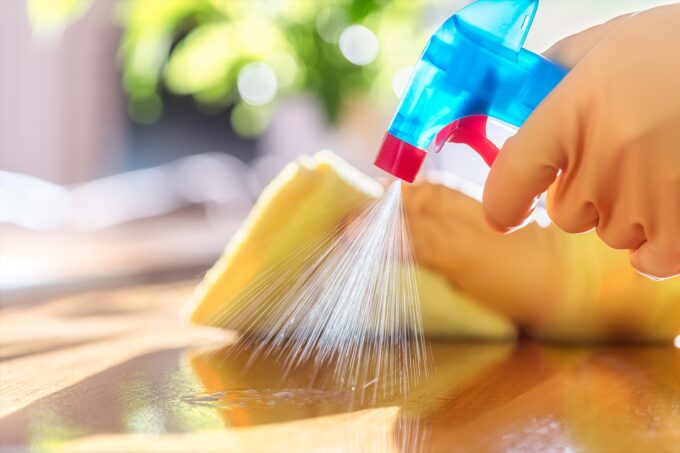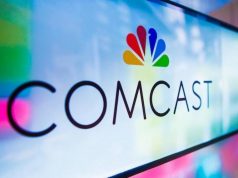The pandemic has radically altered how consumers behave. With changing priorities, heightened anxieties, and new economic challenges, understanding these changes offers valuable insight into the future. Loyalty has dwindled, and the once unwavering devotion to brands has faltered. Businesses are compelled to innovate quickly to keep pace with this new, unpredictable consumer market.
Frugality Is King

The uncertainty of a pandemic economy has coerced individuals into clutched wallets and curtailed spending habits. In the grasp of insecurity, consumers have become strategic spenders, prioritizing essentials and seeking out the best value more than ever.
Budget-friendly brands have found robust markets, capitalizing on this collective shift to cost-consciousness. For retailers, adapting to this financial austerity among consumers is not optional—it is survival.
This financial tightrope has not only changed where money is spent but also how it is spent. Bulk buying has become more common, as individuals aim to reduce trips to stores and maximize savings over time.
This highlights a new dimension of frugality, where consumers plan their purchases meticulously instead of sporadically.
With a refreshed emphasis on prudence, brands that can introduce loyalty programs and consistent discounts are better positioned to engage this careful spender.
The Surge in Digital Dependency

As physical interactions became limited, the internet emerged as the lifeline of commerce. The crescendo of online shopping roared as lockdowns and social distancing rules locked shoppers indoors.
With it, a smorgasbord of virtual services took center stage, from groceries arriving via home delivery to healthcare consultations conducted entirely online. T
his change in consumer habits transcends convenience; it represents an unyielding reliance on digital channels that will likely endure.
This digital tilt has also necessitated the improvement of user experience, with businesses investing significantly in their online presence to ensure seamless transactions.
The expectation for intuitive navigation, swift user support, and engaging content has soared.
Indeed, those who manage to personalize their digital interactions to echo the warmth of face-to-face relations are bound to achieve a loyal following. Therefore, the race is on to enhance online footprints with authenticity and ease of access.
To achieve this enhanced digital experience, companies enlist the expertise of agencies specializing in strengthening online presence.
This includes collaboration with partners like Ignite Digital Marketing Agency to optimize SEO and PPC strategies, ensuring businesses maintain high visibility in the crowded online marketplace.
Emergence of Ethical Consumerism

The upheaval has sparked an important contemplation: consumers are thinking more deeply about the impact of their purchases.
A growing segment is seeking brands that align with their values, whether concerning environmental sustainability, ethical labor practices, or social issues. Companies ignoring this growing demand risk alienating an increasingly value-driven audience.
Consumers not only examine the ethics behind production but also consider their broader role as global citizens. This scrutiny affects decisions around which organizations to support, encouraging brands to transparently communicate practices across the entire supply chain.
Those businesses that articulate a genuine concern for their communities and the environment can foster loyalty among ethically-minded consumers, thereby securing their place in this conscientious future.
Lack of Brand Loyalty

Historically, brands have cultivated loyalty through personal touch, in-store experiences, and customer interaction. This world has changed. With physical stores less accessible or entirely shuttered, consumers turned their allegiances towards what was available, affordable, and reliable.
Ultimately, accessibility trumped loyalty. Brand fidelity diminished when supply chains faltered, and consumers were more than willing to try alternatives when their favorite brands weren’t available.
Consequently, companies must now balance between maintaining service levels and re-establishing brand relationships.
The dynamic of brand loyalty has led to an environment where adaptability cannot be overstated. Consumers are no longer hesitant to compare alternatives based on value, variety, and company ethos.
This flux challenges legacy brands to re-evaluate their value propositions and adopt agile practices to maintain relevance.
Astutely, brands that leverage data insights to proactively anticipate needs can build renewed connections and secure a foothold in this new market behavior.
Health and Safety: A New Priority

Health and hygiene concerns have soared to the top of consumer priority lists. As the risks of the pandemic pervade public consciousness, people have become acutely aware of the health implications surrounding product choices.
From food safety certifications to cleanliness standards in packaging and delivery, ensuring consumer trust is vital. This health-centered shift implies that businesses driven by safety assurances will likely gain favor.
Furthermore, consumers are scrutinizing how companies care for their own employees, with increased importance placed on worker well-being and transparency regarding health protocols.
This rise in awareness means consumers gravitate toward businesses that ensure both public and staff safety.
Transparent communication about these practices has become just as valuable as the practices themselves, serving as a testament to the company’s values.
The Bottom Line
The trials of the pandemic economy have wrought substantial changes in consumer behavior. Businesses remain better positioned to survive—and even thrive—by understanding and adapting to these new consumer inclinations.
The keys to success are straightforward but demanding: provide value for money, ensure reliable digital services, maintain high standards of health care, and meet the ethical expectations of enlightened consumers.
It is a brave new world of commerce, where adaptation is the defining trait for any entity eager to prosper in the pandemic economy’s aftermath.









